Violence Against Women – UNFPA’s Work to Make Gender-Based Violence a Thing of the Past
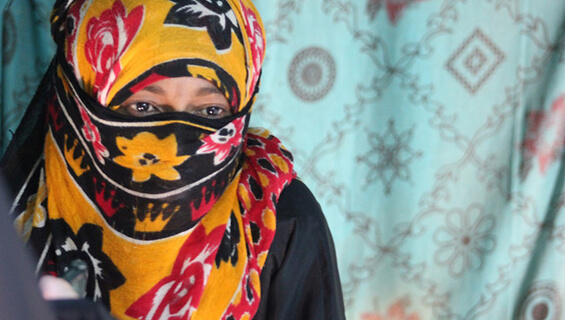
Violence against women and girls is all too common. 1 in 3 women will experience sexual or physical abuse by a partner at some point in their lives. 1 in 5 women were sexually abused as children.
Acts of violence – meant to control how women act and limit their freedom– are often tolerated or expected by communities.
The acceptance of gender-based violence (GBV) perpetuates gender inequality, ultimately limiting the ability of women and girls to realize their full potential. Violence against women is a violation of human rights. All women and girls are entitled to safety and should be able to pursue fulfilling educational opportunities, careers, and relationships.
Below are examples of gender-based violence and the ways UNFPA, the United Nation’s reproductive health and rights agency, is working to end them:
1. Threats of violence, physical or sexual abuse, and the killing of women by intimate partners
Threatening to harm a woman as a means of controlling her behavior can easily devolve into physical abuse or sexual coercion. These acts fundamentally undermine the autonomy of women.
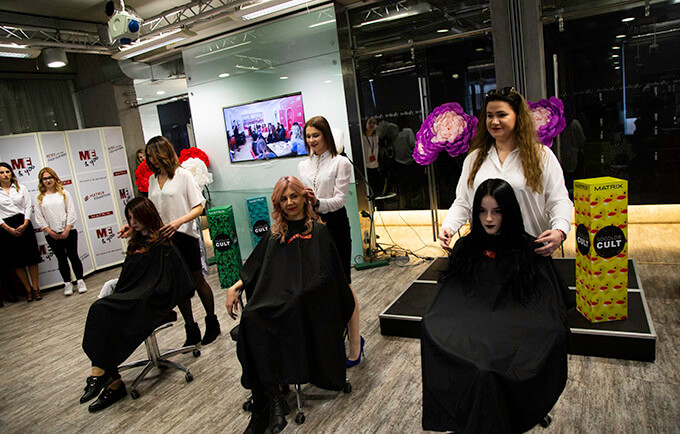
Moreover, if a woman pushes back against the abuse, she may be subjected to more violence as punishment. These situations can escalate to the point that a woman may die from injuries caused by the violence, be outright murdered by their partners, or commit suicide to avoid further abuse. Globally, 44 percent of girls aged 15-19 think a husband is justified in hitting or beating his wife.
In Ukraine, UNFPA partnered with the L’Oréal Foundation to provide survivors of domestic abuse with hair stylist training. The training helps women learn skills that they can then use to support themselves and their families. Training programs like these also help women create social connections and a sense of community.
2. Economic and emotional or psychological violence from an intimate partner
Often accompanying physical violence and sexual abuse is emotional, psychological, or economic violence.
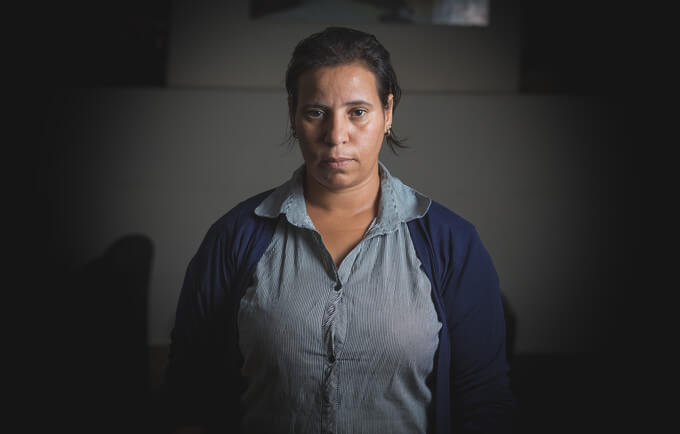
Emotional or psychological abuse is when an abuser demeans their partner or makes their partner feel lesser than, incapable, or dependent upon the abuser. Though emotional or psychological abuse is less visible than physical or sexual violence, it is still valid and just as harmful.
Economic violence, either by withholding money or by stealing a woman’s pay, is another means of controlling women. This makes women dependent on their partners for food, shelter, and other necessary supplies, and forces them to stay in a relationship with their abusers.
In Morocco, it is not uncommon for women who have left abusive relationships to end up homeless. This is due partially to stigmas against single women and also to lack of education opportunities that can lead to employment. UNFPA supports legal reforms that guarantee the rights of girls to attend school. The agency also provides women with legal services for divorce and alimony.
3. Sexual exploitation or trafficking

maternal health care. © Tomer Urwicz
Around the world, women and girls are exploited or trafficked to meet demands caused by gender imbalances, sex tourism, and humanitarian crises. They often have little or no legal protection and are bound by economic constraints, limiting their ability to leave the situation.
After crises the breakdown of distribution systems may force women and girls to trade sexual acts for food or supplies.
UNFPA has partnered with the Border’s Binational Attention Center to provide migrants traveling from Venezuela to Peru with legal and psychosocial counseling services.
4. Forced Marriage
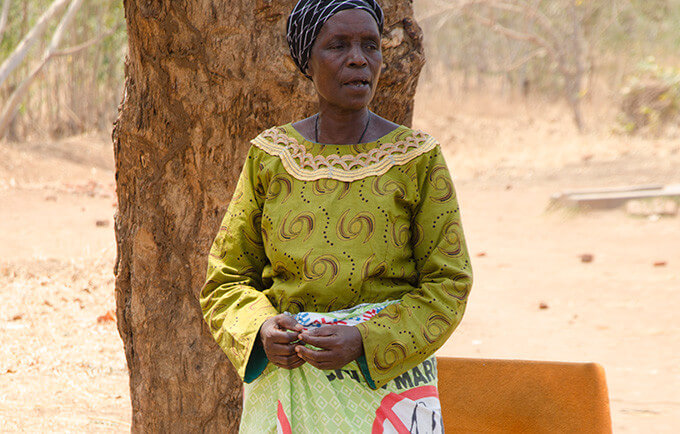
Forced marriage, particularly child marriage, affects 1 in 5 women globally and 2 in 5 women in developing parts of the world. Early pregnancy, the biggest killer of girls aged 15-19, is closely linked child marriage. 90 percent of mothers under the age of 19 who die from pregnancy or childbirth complications were married.
Sometimes girls are married for as part of a cultural practice. Other times, families living through crises incorrectly believe that marrying off their daughters is the best way to protect them from starvation or violence.
5. Crimes committed against women in the name of “honor”

Honor crimes are when women are punished by their brothers, fathers, and uncles for undermining the family’s honor, often simply because they were the victims of sexual harassment or assault. For example, women have been murdered for becoming pregnant out of wedlock after they were raped.
In Yemen, where conflict and famine have led to the world’s largest humanitarian crisis, honor killings are not uncommon. UNFPA supports women’s shelters there so that women in danger of being harmed can leave their homes and find safety.
6. Female genital mutilation
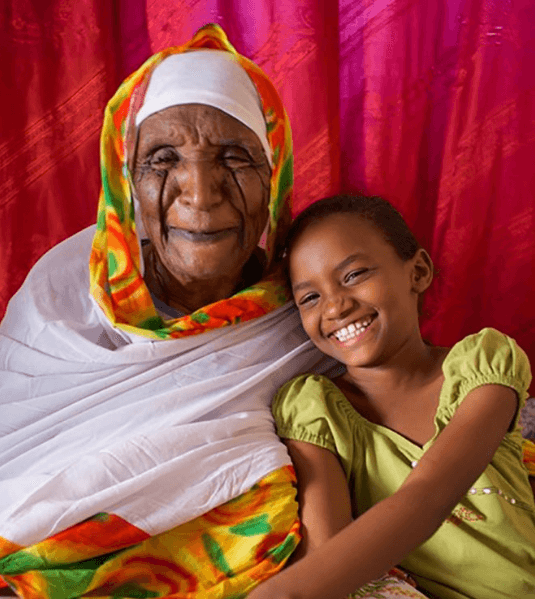
Female genital mutilation or FGM is the cutting, piercing, or sewing shut of parts of labia or clitoris. The practice is done for a variety of reasons: to curtail promiscuity, to make girls “clean” or “pure,” for tradition, or as a requirement for marriage. More recently medicalized FGM, when FGM is performed by a health professional in a clinic, has become common in some parts of the world.
However, there is no justification, medical or otherwise. One of the most effective ways to end FGM is through community abandonment, where a whole village will come together and decide to discontinue cultural practices of FGM. UNFPA has supported over 20,000 communities as they made the choice to end FGM.
7. Sexual harassment

Women and girls face the possibility of sexual harassment every day as they walk outside, take public transportation, and go to work or school.
Harassment can be unwanted advances, leering, verbal abuse, or nonconsensual touching. Harassment is humiliating and scary – one never knows if an off-color remark will escalate into a life-threatening encounter.
In Sri Lanka, over 90 percent of women have experienced sexual harassment on public buses. UNFPA works with the government there to create policies that protect the rights of women to be safe in public spaces and combat gender discrimination. They have also created a hotline where women can report abuses.
Violence against women may look different around the world, but it is a universal experience. It prevents women and girls from fully participating in society by confining women to their homes, by limiting their opportunities for education and employment, and by forcing women to take time to heal from violent attacks. The economic impact of violence against women -that is, potential lost- is valued at $1.5 trillion annually.
It is UNFPA’s goal for us all to live free from gender-based violence by 2030.
-Dana Kirkegaard